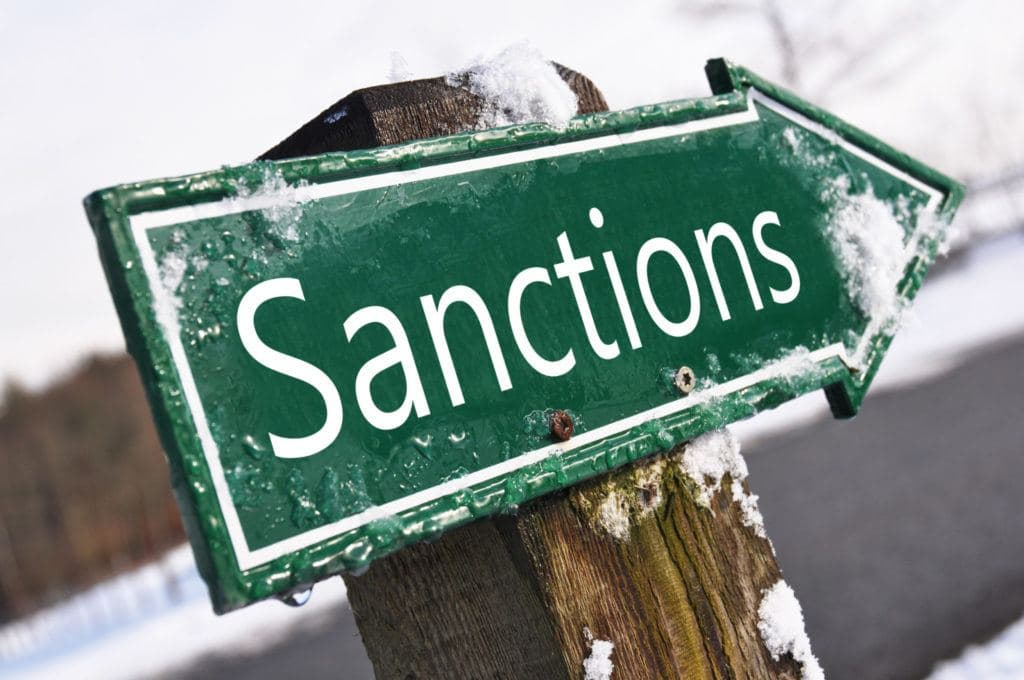Moving Towards a Common Electricity Market and the Eurobond Default
 The situation has not changed
The situation has not changed

Starting on January 1, 2024, the united electricity market of the Union State is theoretically set to begin operations. Russian investors have made an appeal to the authorities, urging them to restrict Belarusian borrowers’ access to interstate loans and the local capital market. In response, the Belarusian side states that they are developing settlement mechanisms for Eurobonds, bypassing Western infrastructure.
As per the Union State energy program, a unified Belarusian-Russian electricity market is scheduled to be operational from January 1, 2024. According to Deputy Minister of Energy of the Russian Federation, Pavel Snikkars, all fundamental disagreements with the Belarusian leadership have been resolved, and both parties are awaiting the signing of the relevant documents. The draft interstate agreement, outlining the rules for the functioning of the common electricity market, was prepared a year ago. According to Viktar Karankevich, the Minister of Energy of the Republic of Belarus, this project is now in a “high degree of readiness.”
In the meantime, Belarus, according to official reports, is continuing to bolster its energy security. The nuclear power plant has played a significant role in achieving this, having generated over 20 billion kilowatt-hours of electricity (equivalent to over 5 billion cubic meters of natural gas). Once the second power unit is commissioned, Belarus could theoretically generate more than 40% of its total annual electricity needs. However, concerning Aliaksandr Lukashenka’s proposal to build another nuclear power plant in Belarus, the head of the Russian Ministry of Energy has advised approaching the proposal with caution, assessing it from an energy capability perspective, and determining who will be the consumer of the new energy capacity.
A group of Russian investors has made a demand to the authorities, calling for restrictions on the access of Belarusian borrowers to interstate loans and the local capital market. This appeal arises from non-payment of Eurobonds. The authors of this demand are asking the Kremlin to influence the fulfillment of Belarus’ obligations to all Russian investors, and until this matter is resolved, they propose that the country’s Ministry of Finance be declared an unscrupulous borrower, thereby limiting its access to the Russian capital market. This demand has been signed by 200 individuals and 30 organizations who collectively own Belarusian Eurobonds totaling over USD 200 million.
Currently, there are four issues of Belarusian Eurobonds in circulation: Belarus-2026 (USD 500 million), Belarus-2027 (USD 600 million), Belarus-2030 (USD 600 million), and Belarus-2031 (USD 750 million). At the end of February 2023, the country’s Ministry of Finance was supposed to repay another issue, Belarus-2023, in the amount of USD 800 million, but no payments were made into special accounts. In March of this year, Kommersant reported that Russian investors may not have received up to USD 500 million in payments on Belarusian Eurobonds in a timely manner, primarily due to sanctions restrictions that mandate payments in Belarusian rubles. Receiving payments requires a lengthy procedure to open an account, and even then, success is not guaranteed.
In response to these claims by Russian investors, Belarusian Finance Minister Iury Seliverstau has stated that Belarus and Russia are working on a settlement mechanism for Eurobonds that bypasses Western infrastructure. The Belarusian side has proposed three main methods for Eurobond payments, which owners can choose from: (1) exchanging them for domestic government bonds; (2) selling them to the issuer at a discount; (3) receiving the funds in Belarusian rubles. Certain additional restrictions apply: only owners of Eurobonds who are residents of “friendly” countries, who purchased the securities before September 6, 2022, and who ensure their blocking or transfer to the accounts of the Ministry of Finance of the Republic of Belarus will be eligible to receive payments on redeemable Belarus-2023 ruble bonds through “trusted depositories.”
The fulfillment of obligations under Eurobonds serves as a barometer of the country’s debt health. At present, it is still too early to declare a default on Eurobonds. Nevertheless, experts have pointed out that the current situation may trigger an additional inflationary impact, which is the primary threat. In the event of a full-fledged default, there is a very real danger to the financial system and the solvency of banks.
Subscribe to our newsletter




Situation in Belarus
Constitutional referendum: main consequences


 Video
Video
How to count the political prisoners: are the new criteria needed?


 Video
Video
Paternalism In Decline, Belarusian Euroscepticism, And The Influence Of Russia


 Video
Video












